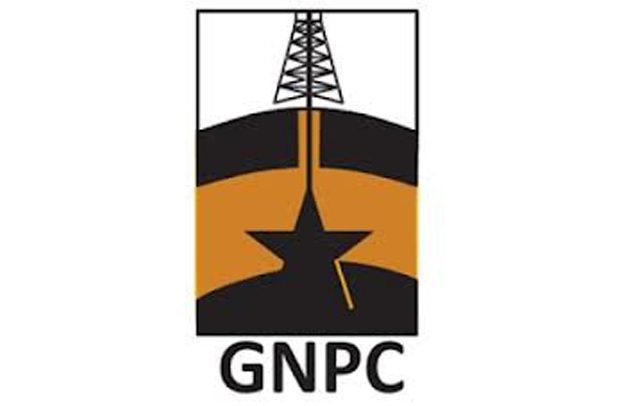The Tribunal which heard the case of ENI & Vitol against government and the Ghana National Petroleum Corporation (GNPC) has delivered it decision, with the final award being a mixed bag for Ghana.
The Tribunal, in its decision, found that “the Unitisation Directives in the circumstances in which they were issued” were wrongful and that the determination of the initial tract participation was arbitrary.
However, the Tribunal denied claimants their monetary damages — initially $7 billion dollars, and subsequently reviewed the amount to $900 million plus interest, by the end of the proceedings.
The Tribunal also dismissed claimants’ claims against GNPC in their entirety and also dismissed claimants’ request that the Tribunal declare that Ghana breached the Petroleum Agreement by “refusing to withdraw or prevent reliance by third parties on the Unitisation Directives.”
Regarding allocation of fees and costs, the Tribunal held that since both parties had prevailed in some ways, both parties would be required to pay their own legal fees and costs.
The Tribunal, however, held that Ghana should pay 50% of the amount paid by claimants to the Swedish Chamber of Commerce, which amounts to €189,000 with no interests.
GNPC was however not ordered to pay any amount at all.
In a reaction to the award, the Attorney General, Godfred Yeboah Dame, indicated that whilst he would have wished the Tribunal to uphold the claim of the Republic in its entirety, he is pleased to note that the Tribunal rejected partly the claims against Ghana, and entirely the claims against GNPC.
He is also delighted by the complete dismissal of all claims for monetary compensation made by ENI/Vitol against Ghana.
The Attorney General added that in the circumstances, the parties must determine the best way to proceed going forward. Unitisation, in principle, is not unlawful per the Tribunal’s decision.
It is the manner and the circumstances in which same was carried out which the Tribunal frowned upon, while granting Ghana the benefit of not having to pay any monetary compensation.
Ghana has the option to accept the award or to initiate proceedings to set aside in the Swedish courts within two months, Mr. Dame added.
The issues began few months after Springfield’s announcement in December 2019 that it had made a massive find containing 1.5 billion barrels of oil.
This estimation was later followed by a claim that the find it had made is connected to the Sankofa East field in the ENI consortium’s block.
Technical analysis done by experts contracted by the government and the parties revealed that the accumulation of petroleum in the Sankofa Field extended to the Afina Field.
Following a formal application by Springfield for unitisation, the Minister of Energy, on April 9, 2020, issued a directive pursuant to Section 50 of the 2018 Petroleum Regulations requiring ENI and Springfield to unify their oil discoveries.
After many rounds of failed negotiations, Springfield dragged ENI and Vitol to a High Court in Ghana, seeking to enforce the minister’s order.
The companies later dragged Ghana and GNPC to international arbitration due to the nature of the unitisation directive.
A Daily Guide Report


